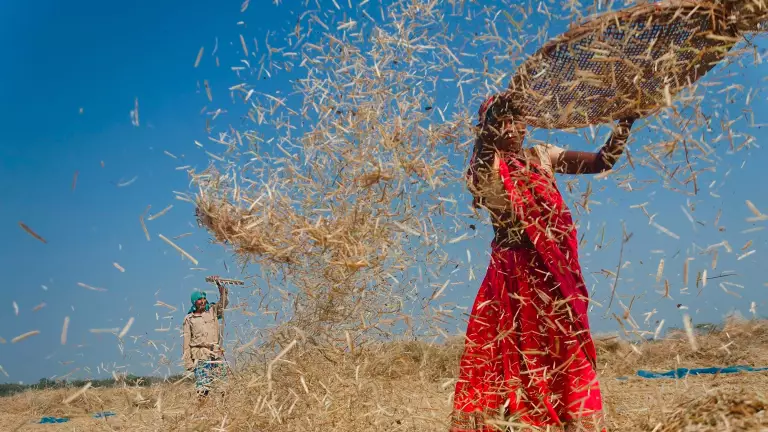With global food systems facing significant sustainability challenges, we need a change in global agricultural practices. That’s why BCG—together with the COP28 Presidency, the World Business Council for Sustainable Development, and the UN Climate Change High-Level Champions—is chairing a flagship initiative to accelerate the transition to regenerative agriculture. Discover the critical role soil health plays in capturing carbon, maintaining biodiversity, retaining water, and supporting local economies, and learn about the barriers and benefits farmers are experiencing in changing their practices—as well as the role the private and public sector can play in supporting this initiative.
























